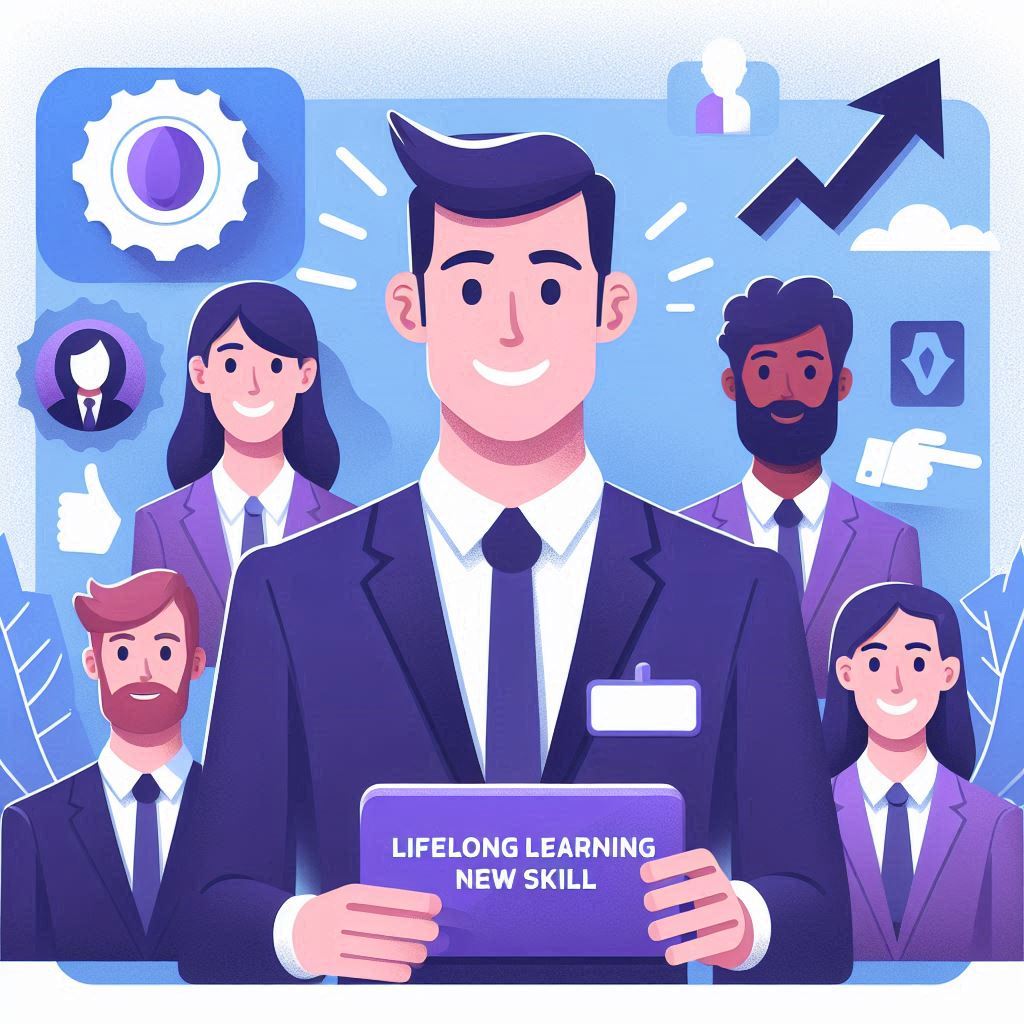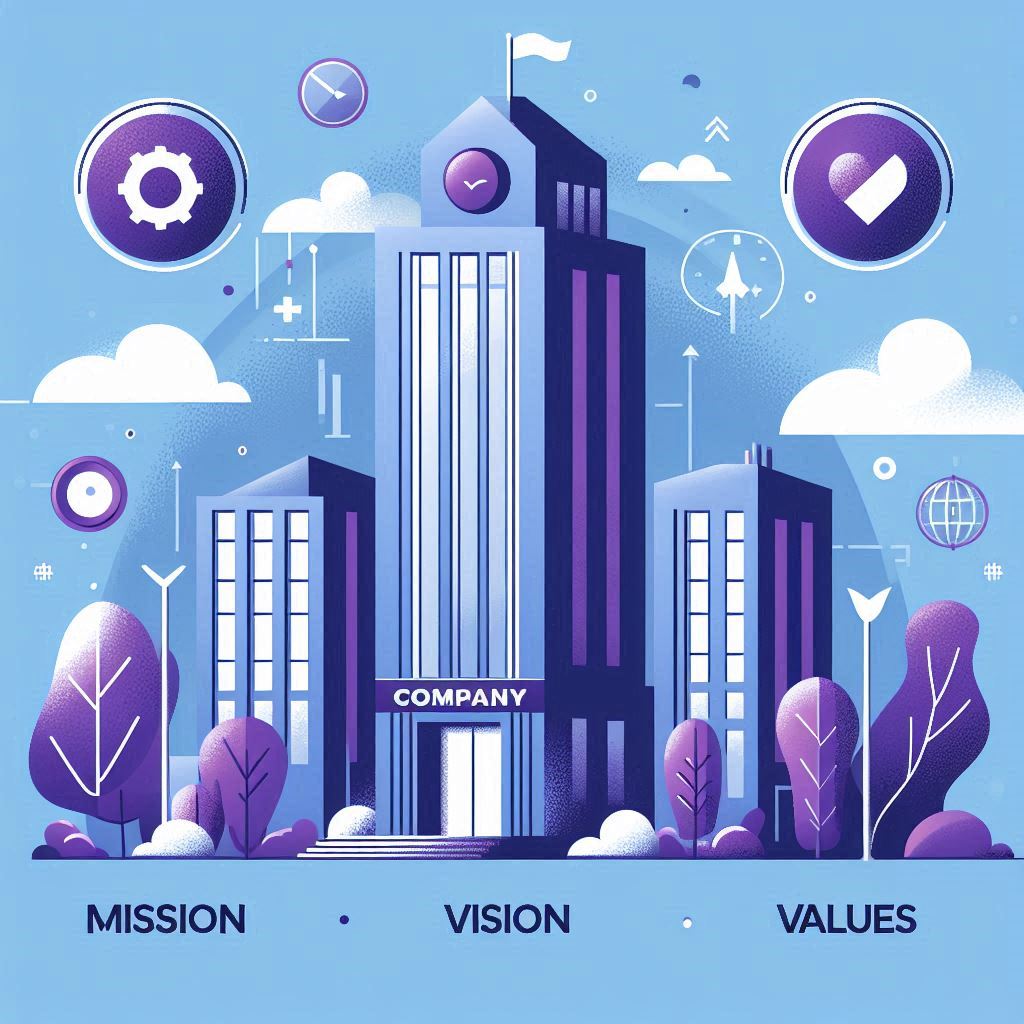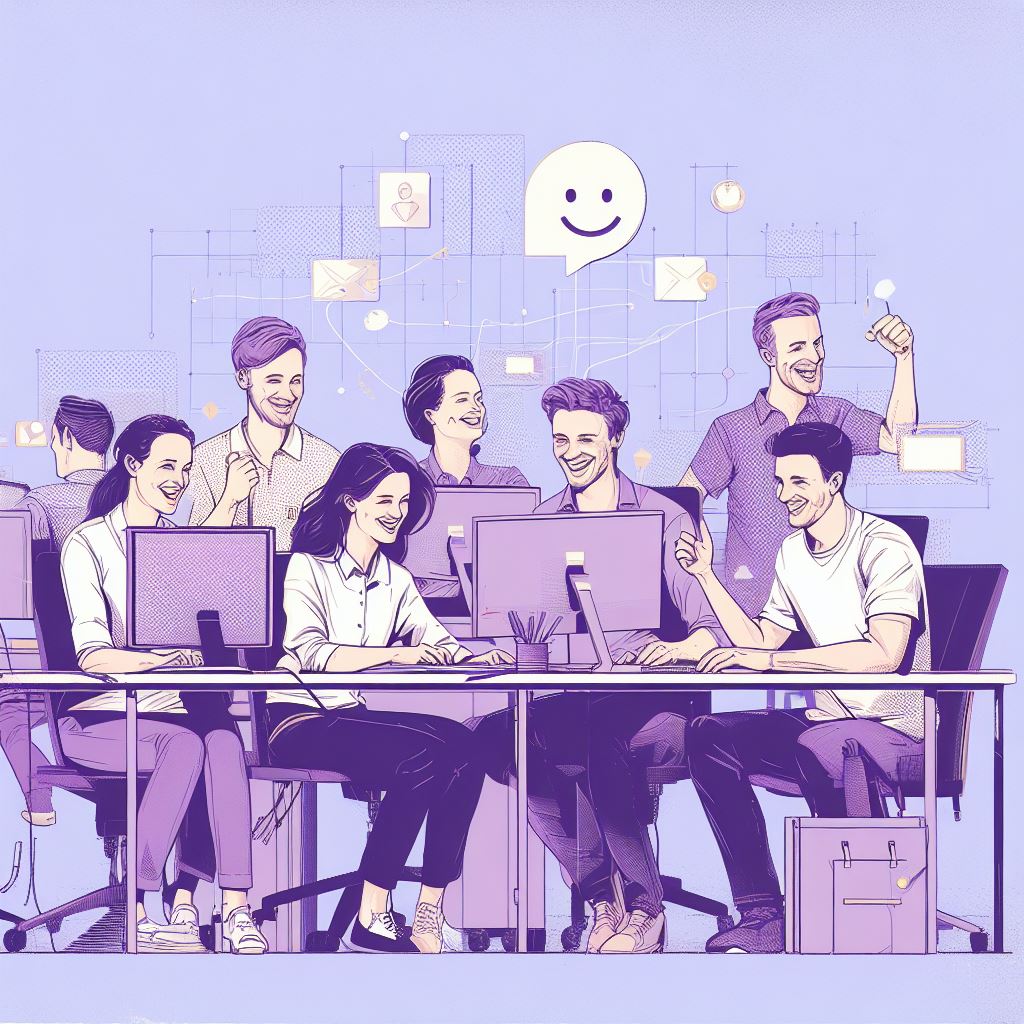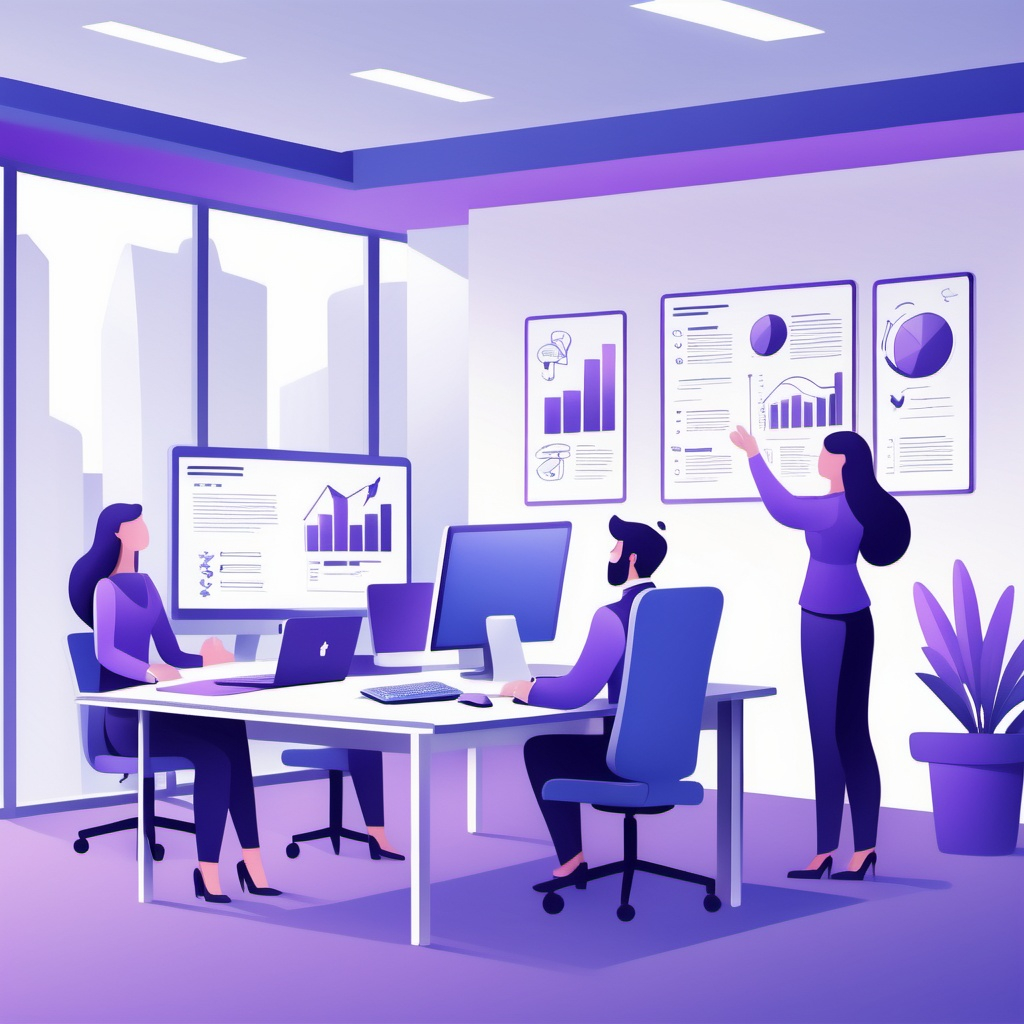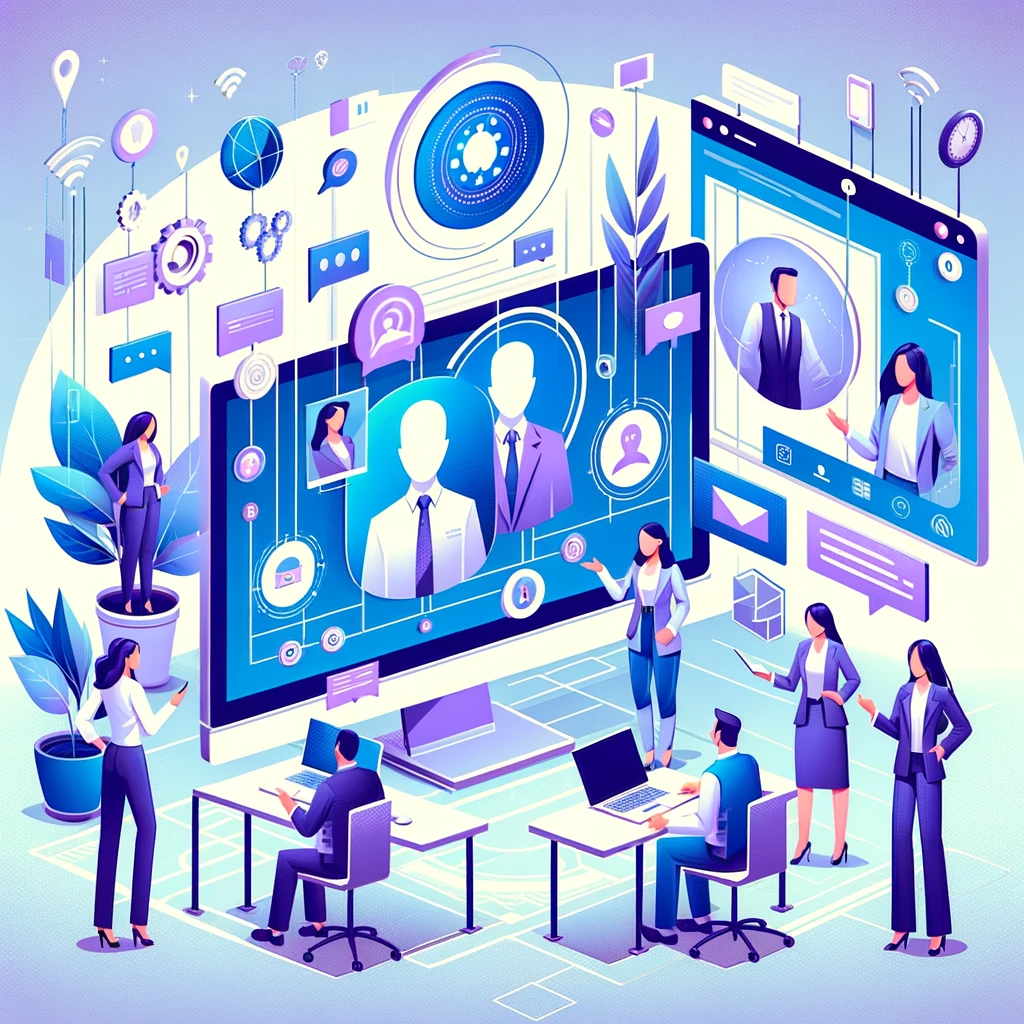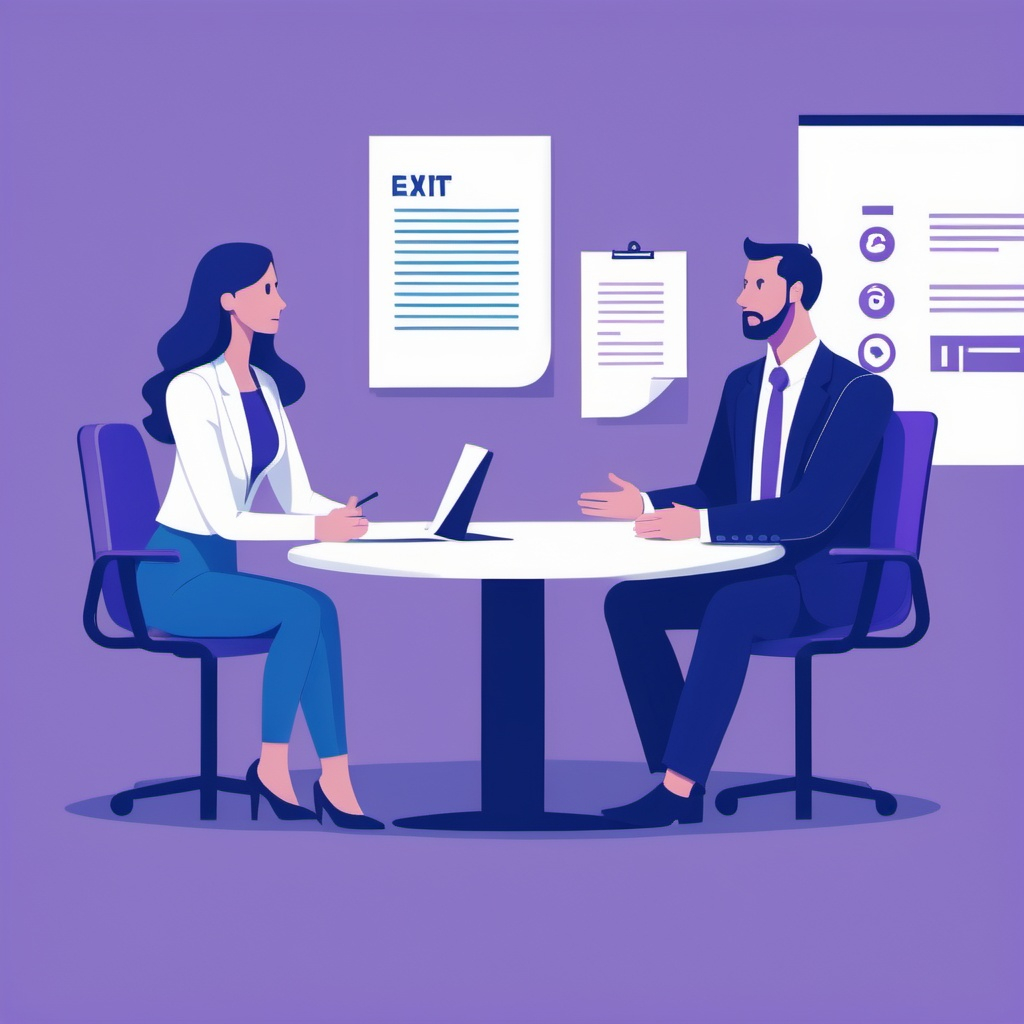Why Lifelong Learning is the New Job Security
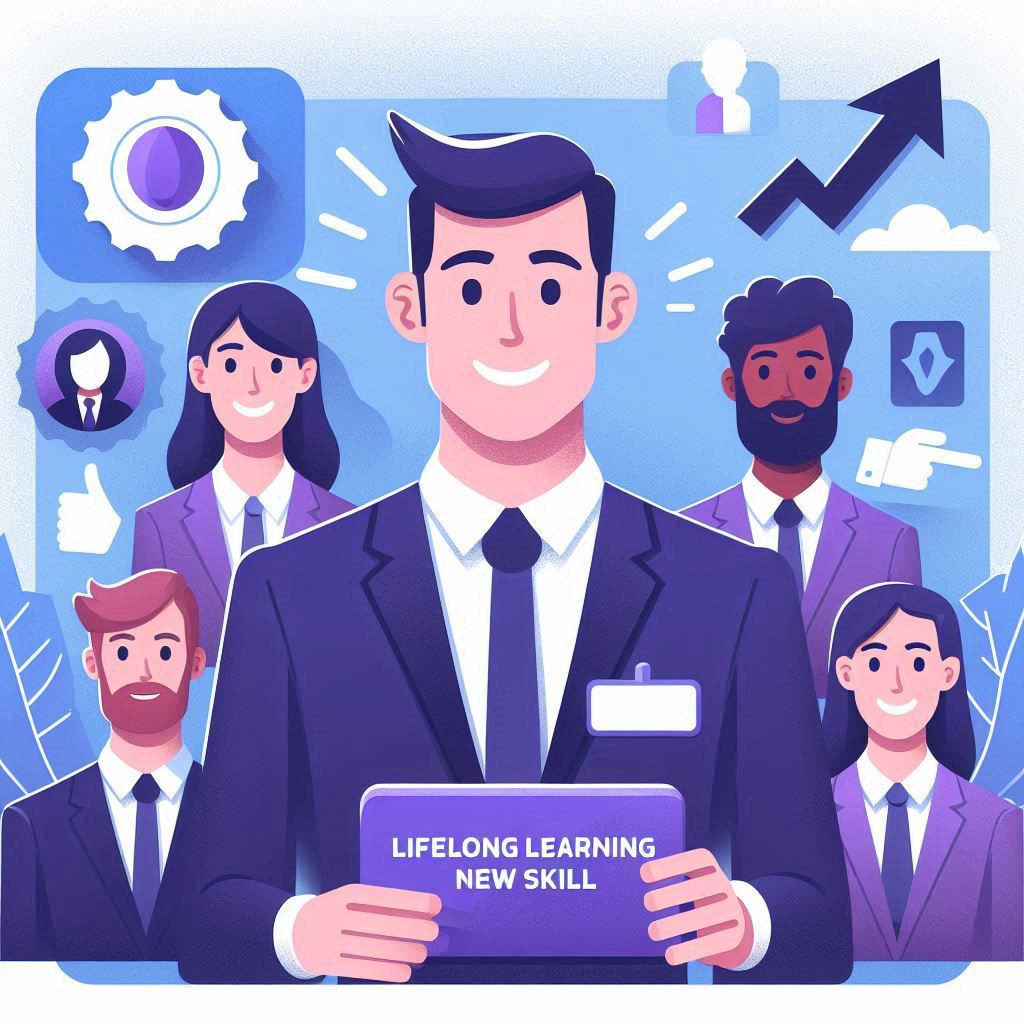
In 2025, lifelong learning has become the cornerstone of job security, transforming into an essential career strategy. As industries evolve at breakneck speed, driven by AI, automation, and global economic shifts, the ability to continuously learn and adapt is no longer optional—it’s mandatory.
Why is lifelong learning the new job security? Because the skills that got you hired yesterday might not keep you employed tomorrow. According to the World Economic Forum’s Future of Jobs Report 2025, nearly 39% of core job skills will change by 2030, fueled by technological advances and the green transition. Employers now expect workers to be adaptive, curious, and proactive learners, with 85% prioritizing workforce upskilling.
The power of adaptability cannot be overstated. Lifelong learning cultivates a mindset that embraces change as opportunity rather than threat. As noted by Stand Together, lifelong learners “see change as a chance to grow,” building resilience and confidence in navigating uncertainty. This mindset is crucial in a world where entire roles can be automated, and new jobs emerge rapidly.
Key skills shaping the future workforce include AI literacy, digital fluency, and emotional intelligence, all of which require ongoing education and practice. Companies like Amazon, AT&T, and Google are investing heavily in employee learning programs, signaling that continuous skill development is a strategic priority.
For individuals, lifelong learning offers more than career survival—it fuels personal fulfillment and purpose. As one inspiring quote puts it, “Live as if you were to die tomorrow. Learn as if you were to live forever.” (Mahatma Gandhi). This pursuit of knowledge keeps the mind agile and opens doors to new opportunities, promotions, and even career pivots.
Practical tips to embrace lifelong learning in 2025:
- Set clear, goal-oriented learning plans aligned with your career aspirations.
- Leverage online platforms like Coursera, LinkedIn Learning, and industry certifications to gain relevant skills.
- Apply new knowledge actively through projects, mentorship, or volunteering to deepen mastery.
- Seek employer-supported learning opportunities and advocate for a workplace learning culture.
- Build learning communities for peer support and knowledge exchange.
As Gallup highlights, employees who engage in continuous learning are more productive, innovative, and engaged—qualities that translate into long-term job security and career growth.
In a nutshell, lifelong learning is the ultimate job insurance policy in 2025. It empowers individuals to stay relevant, resilient, and ready for whatever the future holds. As the famous saying goes, “The illiterate of the 21st century will not be those who cannot read and write, but those who cannot learn, unlearn, and relearn” (Alvin Toffler). So, keep learning, keep growing, and secure your place in the future of work.
References
https://reports.weforum.org/docs/WEF_Future_of_Jobs_Report_2025.pdf
https://standtogether.org/stories/future-of-work/the-importance-of-lifelong-learning-in-todays-workforce
